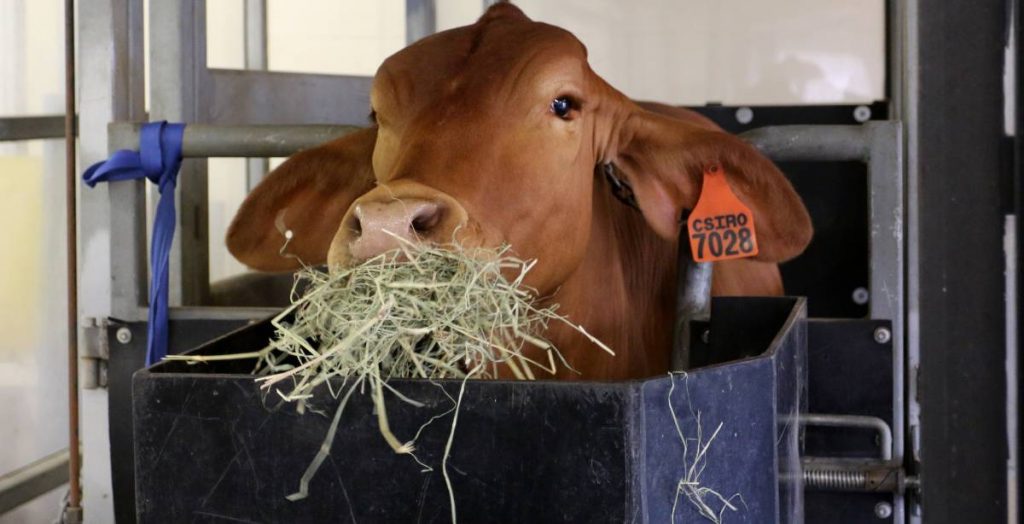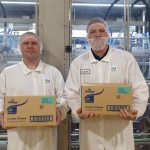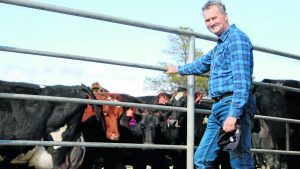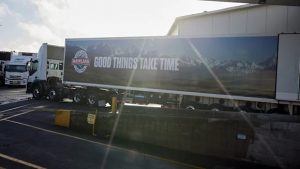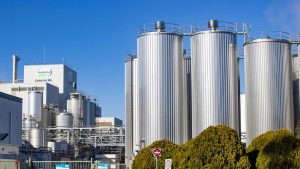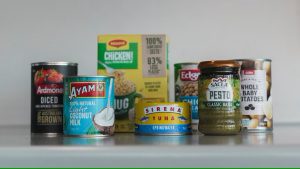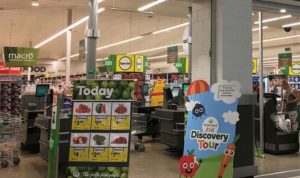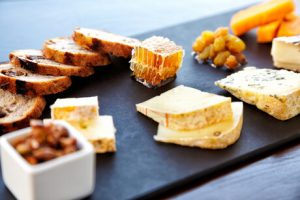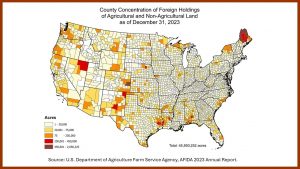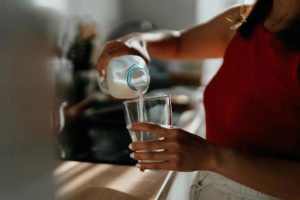
The plant’s production as a food supplement to reduce methane output took out a Food Planet Prize this week.
Scientists at the CSIRO began studying the effects of the seaweed after a farmer in Canada reported his cows located closer to the ocean had grown bigger than the rest of his herd.
Following a study which involved measuring cow farts in special chambers, the scientists concluded Asparagopsis seaweed could drastically reduce the greenhouse gas contributions of livestock.
A reduction in the production of methane also has the potential to increase the size of the animal and its milk production due to an improved conversion of energy, the scientists found.
Trials in Australia and the United States found a reduction of up to 80 per cent in methane output from both beef and dairy cattle when a handful of seaweed was added to their daily diet.
The seaweed contains bioactive compounds which prevented methane release through reaction with vitamin B12 inside the guts of cattle.
Global dairy brand Fonterra, which produces Bega, Western Star, Mainland and Perfect Italiano, began trialling the product this year, as pressure mounted to reduce its carbon footprint.
FutureFeed Pty, a joint venture which includes CSIRO, Woolworths and GrainCorp, was one of five companies to receive investment prizes for its work reshaping the world food system.
The other winners include a Kansas-based non-profit promoting the benefit of perennial crops, a Nairobi-based research institute turning insects into food, a marine conservation organisation working with fishing communities to reduce overfishing and a US social-enterprise turning human waste into fertiliser.
CSIRO scientist and FutureFeed director Michael Battaglia said seaweed was not the favourite supplement of cattle but when mixed with molasses they didn’t seem to mind.
Dr Battaglia said the supplement had received a great deal of support from farmers.
“The industry wants to get behind sustainability because they can feel the pressure around consumer requirements for a sustainable product,” he said.
“They can also see that here is a way where it can be done whilst improving the economics of the business.”
Dr Battaglia said the funds from the award would be used to help meet the goal of delivering the world’s first ultralow-carbon beef and dairy by mid-2021.
FutureFeed plans to enhance the participation of Aboriginal and other First Nations people around the world in Asparagopsis supply chains, he said.
“Already in Australia we have agreements between the Indigenous Land and Sea Corporation involving the Narrunga Nation Aboriginal peoples, and a seaweed growing company CH4 with the intent to develop commercial scale Asparagopsis cultivation and processing to generate maximum benefit for the Narrunga people.”
Dr Rob Kinley said the next step was to determine how best to deliver FutureFeed to livestock that graze freely.
“Livestock produce up to 18 per cent of total greenhouse gas emissions, mainly in the form of methane,” Dr Kinley said.
“We now have a solution that is a simple plug and play into existing feeding systems to reduce emissions and help farmers and producers create more food and build new and more sustainable businesses and enterprises.”
The 2020 Food Planet Prize Jury is comprised of scientists, policymakers and entrepreneurs.
